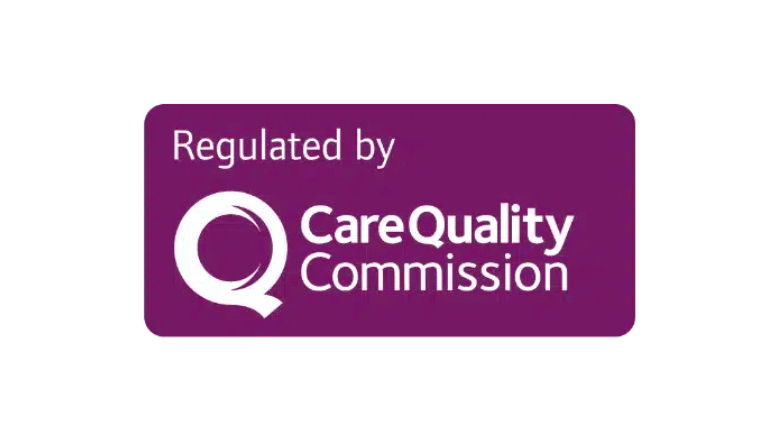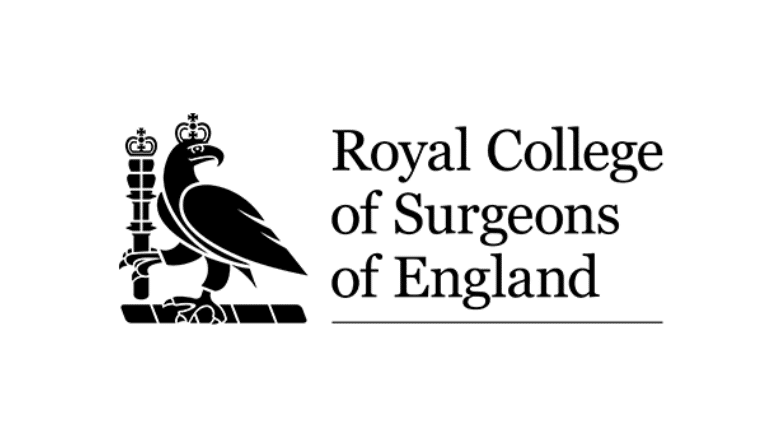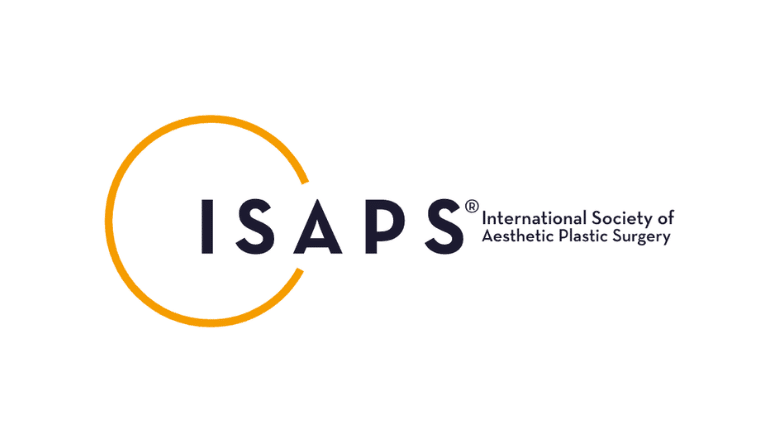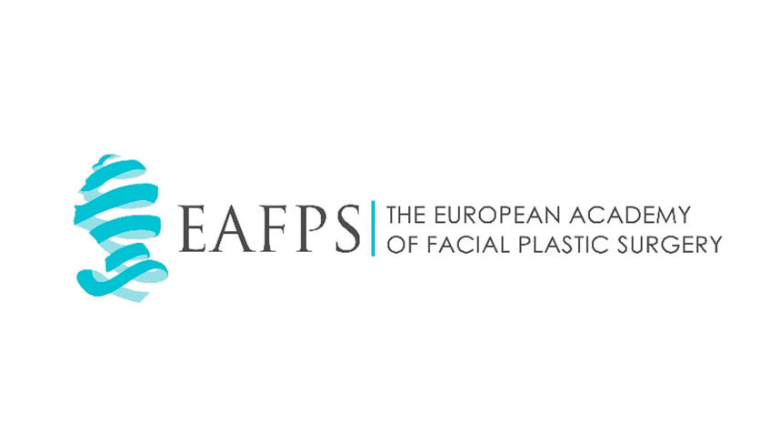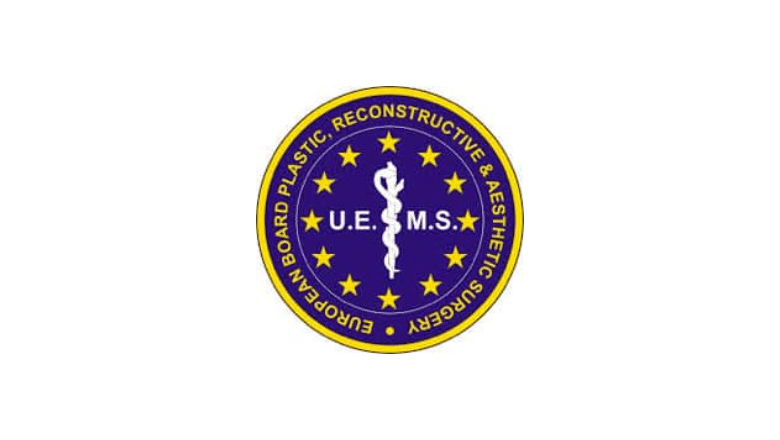Facial Feminisation Surgery (FFS) in London
Discover a more authentic you with our expertly performed Facial Feminisation Surgery (FFS), where we craft delicate, feminine features to reflect your true identity
Are you seeking to soften the contours of your face to reflect a more feminine appearance? Facial Feminisation Surgery, available at our London clinic, could be the solution you’re looking for.
This type of surgery is designed for individuals who wish to modify their facial characteristics to be more traditionally feminine. Whether you identify as female or are undergoing a gender transition, these procedures can help align your outer appearance with your inner identity.
Facial Feminisation Surgery encompasses a range of tailored surgical techniques aimed at softening masculine features. This could include contouring the bone structure, refining the shape of the nose, or other adjustments that contribute to a gentler, more feminine visage.
We specialise in transformative Facial Feminisation Surgery. Our team of experienced surgeons understands the intricacies of facial anatomy and aesthetics. We’re committed to providing personalised care and state-of-the-art procedures for those seeking facial feminisation in London.
We believe in working closely with you to understand your goals and desires. By doing so, we craft a surgical plan that is as unique as you are, ensuring results that celebrate your individual beauty.
If you’re considering Facial Feminisation Surgery and would like to discuss your options, our clinic in London is here to support you every step of the way. Contact us to schedule a consultation where we can answer all your questions and outline the journey towards the appearance that truly reflects you.
What is Facial Feminisation Surgery – FFS?
What are the most common reasons to get Facial Feminisation Surgery
Facial Feminisation Surgery (FFS) is a set of procedures that many individuals consider for various reasons. Here’s a more in-depth look at why someone might opt for FFS:
Reshaping the Nose
One common aspect of FFS is reshaping the nose to be smaller or to refine its shape to achieve what is often perceived as a more feminine appearance. This can involve adjusting the bridge, tip, and nostrils.
Smoothing the Skin
FFS can help smooth out skin that might be affected by a “five o’clock shadow,” which is often a concern for transgender women. Certain procedures can reduce the appearance of shadowing caused by facial hair.
Enhancing the Eyebrows
A high, arched eyebrow is a trait commonly associated with femininity. FFS can involve lifting the eyebrow ridge to achieve this look, helping to frame the eyes more softly.
Refining the Jawline
Altering the shape of the jawline can have a significant impact. FFS can sculpt the jaw to make it less angular and more contoured, which can lead to a softer and more typically feminine jawline.
RELATED: Jaw Profile – How to Get a Sculpted Jawline
Modifying the Chin
Making the chin appear smaller and rounder is another goal of FFS. A more pointed or oval chin is often desired over a square or wide one, which is typically seen as more masculine.
Reducing the Adam’s Apple
A prominent Adam’s apple can be a source of discomfort for some individuals seeking a smoother neckline. FFS can include a procedure to reduce the size of the Adam’s apple, helping to create a more slender and less pronounced throat contour.
RELATED: Is It Possible for a Woman to Have an Adam’s Apple?
Individuals who consider FFS usually do so to feel more at peace with their appearance, ensuring their facial features align with their gender identity. This can be a significant step in their journey, offering not just cosmetic changes, but also emotional and psychological benefits, as their outward appearance begins to reflect their true self.
Different Types of Facial Feminisation Procedures
Facial Feminisation Surgery (FFS) comprises a suite of cosmetic procedures, each designed to modify specific facial features to achieve a more feminine appearance. Here are the common types of FFS procedures:
Rhinoplasty
This is a procedure aimed at reshaping the nose to make it appear more delicate and refined, in line with feminine beauty ideals. Surgeons may sculpt the nasal tip, refine the bridge, and narrow the nostrils to achieve this effect.
Lip Lift and Augmentation
These techniques focus on enhancing the lips to give them a fuller look and to define the Cupid’s bow, which are characteristic of feminine mouths. A lip lift can also reduce the distance between the nose and the lip, which is typically shorter in women.
Forehead Contouring
This procedure involves reshaping the forehead. Surgeons may reduce the brow ridge and make the forehead smoother and flatter, which helps in softening the facial features.
RELATED: How Can I Reduce My Brow Bone?
Hairline Lowering
Also known as scalp advancement, this procedure reduces the height of the forehead by moving the hairline forward, decreasing the distance between the brow and the hairline.
Brow Lift (Browplasty)
This operation elevates the position of the eyebrows. In a feminine face, the eyebrows sit higher than in a masculine one, and this procedure can also soften the look of the forehead.
Chin Recontouring and Augmentation (Genioplasty)
By reshaping the chin, surgeons can create a more rounded or pointed chin as opposed to a square, broad chin, which is often perceived as more masculine.
Cheek Augmentation
This can be achieved with either implants or injections, like dermal fillers, to create the appearance of higher, more prominent cheekbones, which are a hallmark of feminine beauty.
Tracheal Shave
Also known as an Adam’s Apple reduction, this procedure reduces the size of the thyroid cartilage to lessen the prominence of the Adam’s Apple, contributing to a smoother neck contour.
Ideal candidates for Facial Feminisation Surgery
Recovery after Facial Feminisation Surgery
Recovering from Facial Feminisation Surgery (FFS) is a process that varies from person to person, but knowing what to expect can help you prepare and ensure a smooth healing journey. Here’s a detailed overview:
Immediate Postoperative Period
FFS is typically done as a day case, meaning you’ll likely be discharged to go home on the same day as your surgery. This is contingent on the procedures performed and your surgeon’s assessment of your initial recovery.
Swelling and Bruising
It’s normal to experience some degree of swelling and bruising after the surgery. This is your body’s natural response to the surgical changes and the healing process getting underway. The most noticeable swelling usually subsides within the first two weeks. However, some residual swelling can take a few months to fully resolve.
Seeing the Results
While you may notice changes to your facial features immediately after surgery, it’s important to have patience. The final results of FFS typically take shape after about three months, once most of the swelling has gone down and your features have settled into their new contours.
Returning to Daily Activities
Most patients can resume work and other normal daily activities within two weeks. Still, this will depend on the nature of your job and the range of procedures you underwent. Your surgeon will provide specific recommendations based on your personal recovery.
Longevity of Results
The changes made during FFS are intended to be permanent. While natural ageing will continue, the alterations made to the bone structure and the reshaping of facial features will permanently retain a more feminine appearance. Hormonal therapy may be necessary to manage aspects like facial hair or muscle mass, but these treatments do not alter the surgical results.
Follow-Up Care
Your surgeon will schedule follow-up visits to monitor your recovery and ensure you’re healing as expected. It’s crucial to attend all follow-up appointments and adhere to your surgeon’s post-operative care instructions, including any medications prescribed.
Facial Feminisation Surgery Costs London
The cost of Facial Feminisation Surgery (FFS) in London reflects the comprehensive nature of the treatment, encompassing not just the surgical procedures themselves but also the associated costs such as the surgeon’s fee, the anaesthetist’s fee, facility charges, and postoperative medications.
Regarding coverage by private health insurance, it generally depends on the terms of your specific policy and the country’s regulations on healthcare and insurance. In the UK, many private health insurers classify FFS as a cosmetic procedure rather than a medically necessary one, which means they typically do not cover the costs. However, there can be exceptions if you can demonstrate that the surgery is a medically necessary part of gender dysphoria treatment.
Make sure to check your individual insurance policy and discuss this with your insurance provider. Some patients might also consider specific health care plans that cater to the needs of transgender individuals, which may offer broader coverage for gender-affirming surgeries.
If your insurance doesn’t provide coverage, it’s worth exploring other financial options that may be available to you, such as payment plans through Chrysalis Finance.
Facial Feminisation Surgery in London - Why Choose Centre for Surgery
We specialise in transforming lives through the art and science of Facial Feminisation Surgery (FFS). Our commitment to excellence is reflected not only in our state-of-the-art facilities at Baker Street but also in the bespoke care we provide to each of our patients.
Why Choose Us?
Our clinic is renowned for its expert team of surgeons who are leaders in the field of FFS, utilising the latest techniques and a personalised approach to create results that are harmonious and natural. We understand the importance of this journey and offer a supportive, discreet, and compassionate environment where you can feel safe and understood.
Patient Testimonials
- “After my FFS at Centre for Surgery, I finally feel like the person I was always meant to be. The team treated me with such kindness and professionalism from start to finish. I am truly grateful for their expertise and care.” – Emily R.
- “The level of detail and care at Centre for Surgery is unmatched. My surgeon was incredibly skilled, and the staff made sure I felt comfortable every step of the way. I am overjoyed with my results and the confidence I’ve gained.” – Priya L.
- “Choosing Centre for Surgery for my FFS was the best decision I ever made. From the thorough consultation to the meticulous aftercare, I felt prioritised and valued. The transformation has been life-changing.” – Jessica W.
Booking a Consultation
Embarking on your FFS journey is a significant step, and it begins with a comprehensive consultation. To book yours, contact us directly:
📞 Phone: 0207 993 4849 📧 Email: contact@centreforsurgery.com
Additional Resources and Information
To learn more about why we are the preferred choice for FFS, visit our ‘About Us’ page: Why Us – Centre for Surgery.
Understanding the financial aspect of your surgery is essential. We provide finance options, including 0% APR with Chrysalis Finance, to help make your transformation as accessible as possible. Details can be found here: Finance Options – Centre for Surgery.
For a deeper insight into FFS and other plastic surgery topics, delve into our informative blog: Centre for Surgery Blog.
Have questions? Our comprehensive FAQ section provides answers to common queries: Clinic FAQs.
Visit Our Clinic
Our Baker Street clinic is designed for your comfort and privacy, offering a serene environment for your transformative journey. Learn more about our clinic here: Baker Street Clinic – Centre for Surgery.
At Centre for Surgery, we pride ourselves on helping you achieve the appearance that aligns with your identity. Contact us today to start your journey towards a more confident and authentic you.
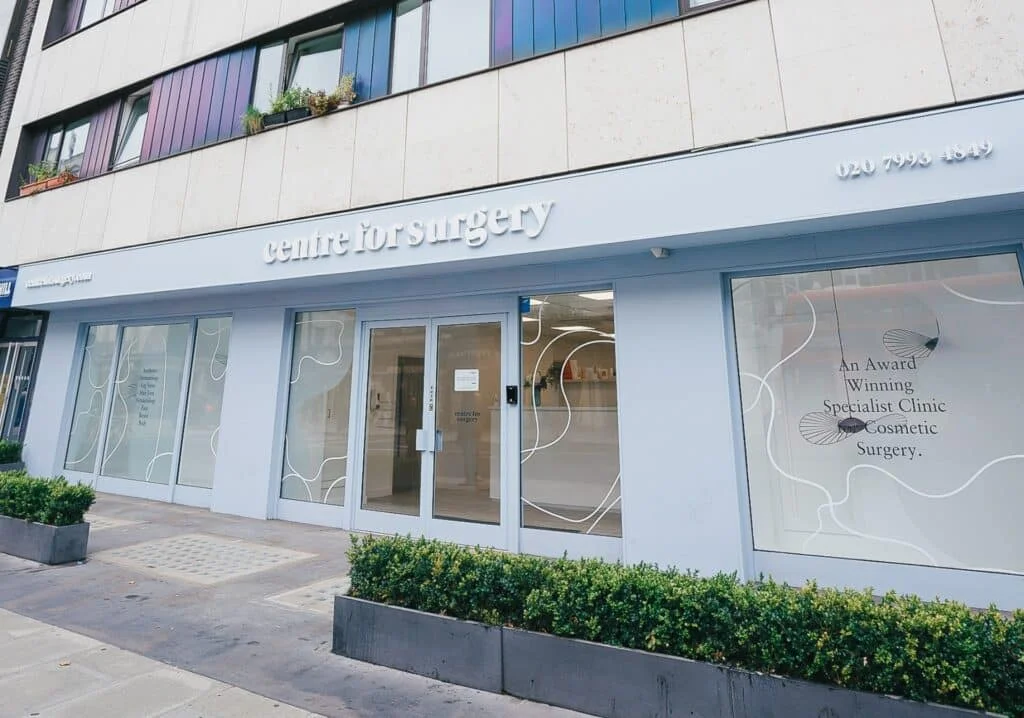
FAQs
-
What Makes a Face Look Feminine?When we talk about features that make a face appear more feminine, we're generally referring to a certain softness and delicacy in the facial contours. Typically, high cheekbones, a narrow jawline, and a gentle curve in the eyebrows that resemble an arching 'M' shape are considered feminine traits. Additionally, a forehead that smoothly transitions into the hairline without pronounced ridges and a hairline that gently curves down around the face contribute to a feminine appearance. Lastly, a smooth neckline without a prominent Adam's apple is often seen as a feminine characteristic.
-
How Can My Hairline Be Made More Feminine?To create a more feminine hairline, a surgeon will usually need to make adjustments to the bones around the forehead area. This is often done alongside a brow lift, also known as browplasty, and a procedure called scalp advancement, which moves the hairline forward. By altering the underlying structure and the position of the hairline, it can be reshaped to a more typically feminine shape.
-
Can a woman get facial feminisation surgery?Yes, women can absolutely undergo facial feminisation surgery. While this procedure is commonly sought by trans women as part of their transition, it is not limited to any specific group. Anyone, including cisgender women, who wishes to achieve a softer, more traditionally feminine facial appearance can opt for these surgeries, provided they meet the necessary health criteria and have realistic goals.
-
Can Facial Feminisation Surgery Be Reversed?It's important to note that facial feminisation surgery (FFS) is considered permanent and can't be easily reversed. There have been cases where individuals have regretted their choice to undergo FFS, and unfortunately, it is often impossible to completely revert the face to its pre-surgery state. This is why it's absolutely crucial to be certain about your decision and to discuss all your feelings and expectations with a professional before proceeding with the surgery.
-
What Risks and Complications Can Occur with Facial Feminisation Surgery?As with any form of surgery, facial feminisation comes with its own set of risks and potential complications. These can include the possibility of bone fractures during surgery, which are generally treatable; bleeding, which is uncommon and can be managed during the operation; infections, for which antibiotics will be prescribed; hair loss at the site of the incision; reactions to the anaesthetic, which are rare but can be managed; numbness in the scalp and forehead area; and scarring.
-
Will I Have Scars After Facial Feminisation Surgery?Like any surgical procedure, FFS does result in some scarring. However, surgeons specialising in this field are trained to place incisions carefully to ensure that any scars are as inconspicuous as possible, often hidden within the hairline or natural facial contours.
-
How Do I Choose the Best FFS Surgeon in London?Choosing a surgeon for FFS is a decision that requires careful consideration. Here are some steps to help you find the right surgeon for your needs:
Look at Patient Photos: Reviewing before-and-after photos of past patients can give you a good sense of a surgeon's work and whether their results align with your goals.
Consultation is Key: Once you've narrowed down your list of potential surgeons, arrange a consultation. This is your opportunity to meet with the surgeon, ask questions, and get a feel for their approach.
Trust Your Instincts: The rapport you have with your surgeon is incredibly important. You should feel comfortable and at ease with them, as this will greatly influence your experience and satisfaction with the surgery.
What To Expect
Before the Procedure
If you're considering Facial Feminisation Surgery (FFS), understanding what to expect at each stage of the process is important. Here's a detailed look at what you can anticipate:
Consultation and Medical Evaluation: Your journey begins with an in-depth consultation and medical evaluation. This is when you'll meet with your surgeon to discuss your goals and expectations. You'll have a thorough examination, and this time is also your chance to ask any questions about the surgery. Based on your medical history and the procedures you're interested in, your surgeon might advise you to stop taking certain medications a couple of weeks before your surgery to minimize the risk of complications.
Pre-Surgery Preparation: On the day before your surgery, you must refrain from eating or drinking anything starting from midnight. This fasting is a routine precaution for patients undergoing anaesthesia to reduce the risk of nausea and other complications during and after the procedure. Additionally, since you will be under anaesthesia, you should arrange transportation as you won't be in a condition to drive. Have someone available to take you home after the operation.
On the day of the procedure
The Day of Surgery: FFS can consist of various procedures tailored to your needs. These may be performed separately or combined into one comprehensive surgery. You'll be given instructions on what to bring and how to prepare for the day.
Anaesthesia and Surgery: The type of anaesthesia used will be decided based on the complexity and number of procedures being performed. Some can be done under local anaesthesia with sedation, while more extensive work may require general anaesthesia. The surgical time will vary accordingly, ranging from one to five hours. Your surgical team will ensure you are safe and comfortable throughout the process.
After the procedure
Recovery: Recovery times and protocols will differ based on the extent of the surgery and your individual healing process. If multiple procedures are performed at once, you might experience a longer recovery period. Your medical team will provide you with post-operative care instructions and schedule follow-up appointments to monitor your healing.
Session Planning: Often, patients prefer to split their surgeries into two sessions to manage recovery more effectively—one focusing on the upper face (such as forehead contouring, hairline lowering, and brow lift) and the other on the lower face (like chin recontouring and lip augmentation). This staged approach can help with a smoother recovery and may minimize the time under general anaesthesia in one sitting.
Remember that every patient's experience with FFS is unique, and your surgeon will provide you with the most accurate information tailored to your personal situation. It's essential to have realistic expectations and to closely follow your surgeon's advice for both before and after the surgery to achieve the best results.





